By Karen Eber Davis
Your assistant delivers the mail. In it, you find a substantial check from a local company. You recognize the signature. It’s a business contact you’ve been wooing. How do you evaluate this check? Is it a donation? A business investment? Both? Does it matter that nonprofits’ transactions with businesses confuse us?
Yes.
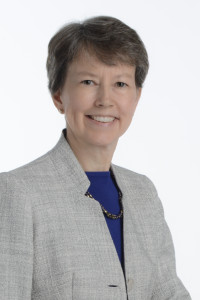 Confusion dampens action. Confusion consumes resources. Instead of moving decisively, we grapple with what to do next. And, often, do nothing. Over the weekend, we shop to replace an aging home appliance. When the options confuse us, we return home to “think about it.”
Confusion dampens action. Confusion consumes resources. Instead of moving decisively, we grapple with what to do next. And, often, do nothing. Over the weekend, we shop to replace an aging home appliance. When the options confuse us, we return home to “think about it.”
Guess what? Nonprofit leaders are not the only ones confused about the reasons behind company checks. In some cases, the person authorizing the check shares your confusion. An insurance broker, for example, whose firm gives over $60,000 yearly, shared that he wrestles with too many requests, uncertain returns, his desire to give back with no returns needed, and the need to support existing staff and customers and grow profits. Corporate checks often represent multiple and occasionally conflicting goals.
Is this a sector-wide problem? Yes. For proof consider that 80 percent of the gross domestic product in the United States stems from businesses. Nonprofits represent just over 5. Yet nonprofits that painstakingly seek every dollar induce companies to offer them only the tiniest sliver of income. (See 7 Nonprofit Income Streams for a full explanation of corporate income and six other income streams.) For nonprofits, corporate income is akin to that tiny slice of holiday pie you ate last Thanksgiving. Why is that? It’s a place where confusion dampens action. By helping companies clarify their giving back goals, you might access a whole pie. [Read more…]
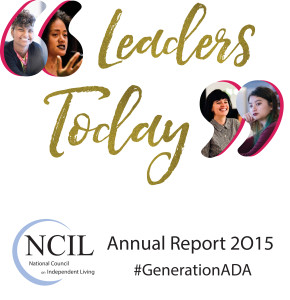 In 2015, NCIL led the charge to bring diverse youth with disabilities to the forefront of the Independent Living Movement. #GenerationADA brought a fierceness and passion to NCIL’s 2015 Annual Conference on Independent Living that has left a lasting impression on our movement. They boldly insisted that they are not the leaders of tomorrow – but leaders today. We recognize the urgency with which we must address the issues facing young people with significant disabilities and we commit to supporting consumer-driven advocacy led by Generation ADA.
In 2015, NCIL led the charge to bring diverse youth with disabilities to the forefront of the Independent Living Movement. #GenerationADA brought a fierceness and passion to NCIL’s 2015 Annual Conference on Independent Living that has left a lasting impression on our movement. They boldly insisted that they are not the leaders of tomorrow – but leaders today. We recognize the urgency with which we must address the issues facing young people with significant disabilities and we commit to supporting consumer-driven advocacy led by Generation ADA.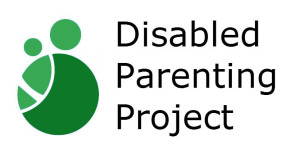 If you are a parent with a disability, the Disabled Parenting Project wants to talk with you about your experiences! Specifically, we are seeking parents willing to share their stories. Video interviews will be posted, in part or whole, on the Disabled Parenting Project’s website for others to learn from. To volunteer, you must:
If you are a parent with a disability, the Disabled Parenting Project wants to talk with you about your experiences! Specifically, we are seeking parents willing to share their stories. Video interviews will be posted, in part or whole, on the Disabled Parenting Project’s website for others to learn from. To volunteer, you must: Dear Friends and Colleagues,
Dear Friends and Colleagues,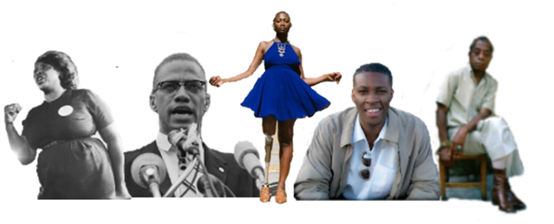
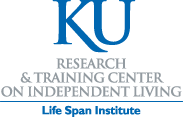 Since the first edition of the Guidelines was published in 1984, some of its recommendations have been adopted by the Associated Press, the American Association for the Advancement of Science, the American Psychological Association and other organizations. “The sixth edition was the only previous version that we translated into Spanish,” noted Center Director Glen White, “but as language evolves, we saw a need for a new Spanish edition.”
Since the first edition of the Guidelines was published in 1984, some of its recommendations have been adopted by the Associated Press, the American Association for the Advancement of Science, the American Psychological Association and other organizations. “The sixth edition was the only previous version that we translated into Spanish,” noted Center Director Glen White, “but as language evolves, we saw a need for a new Spanish edition.”
